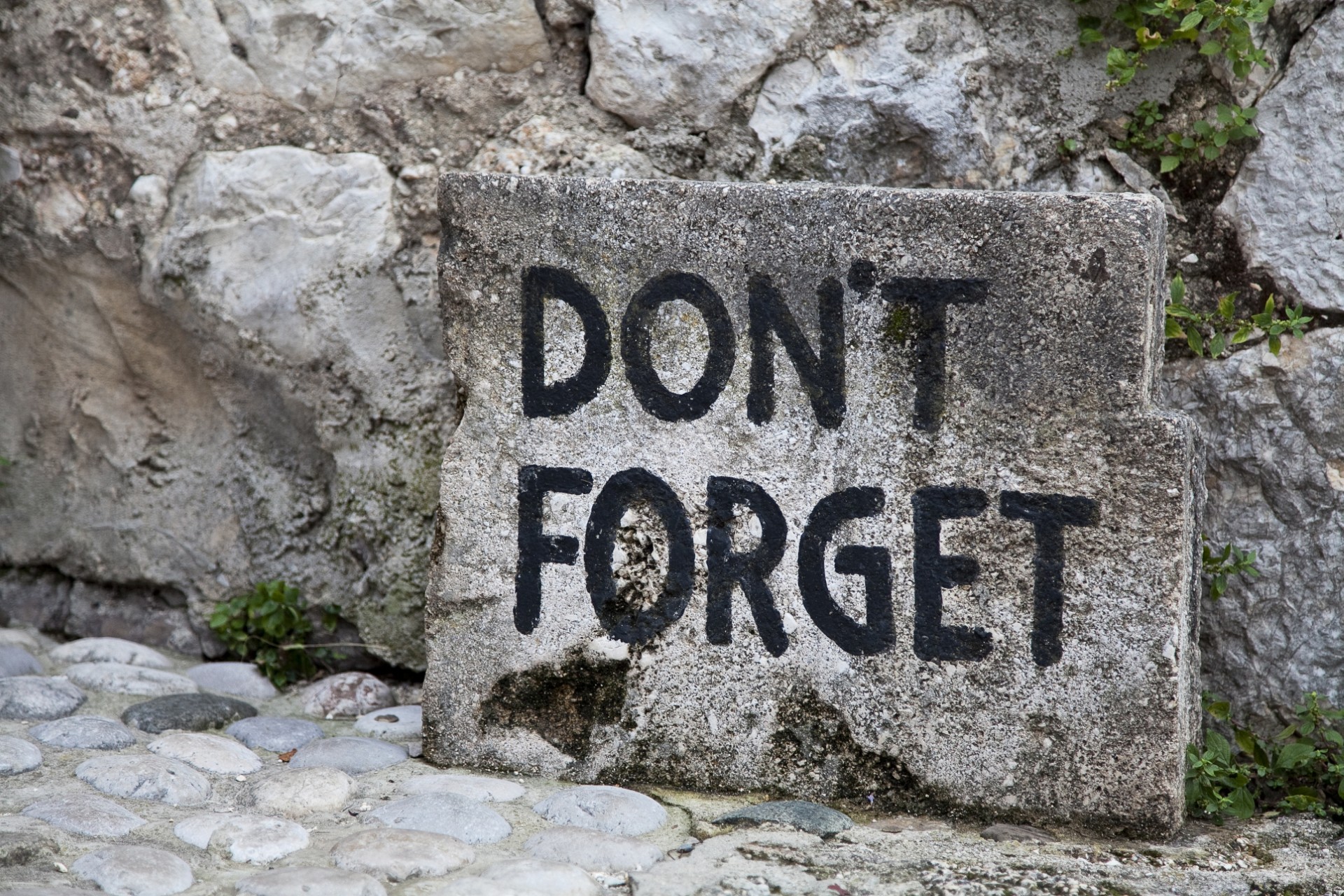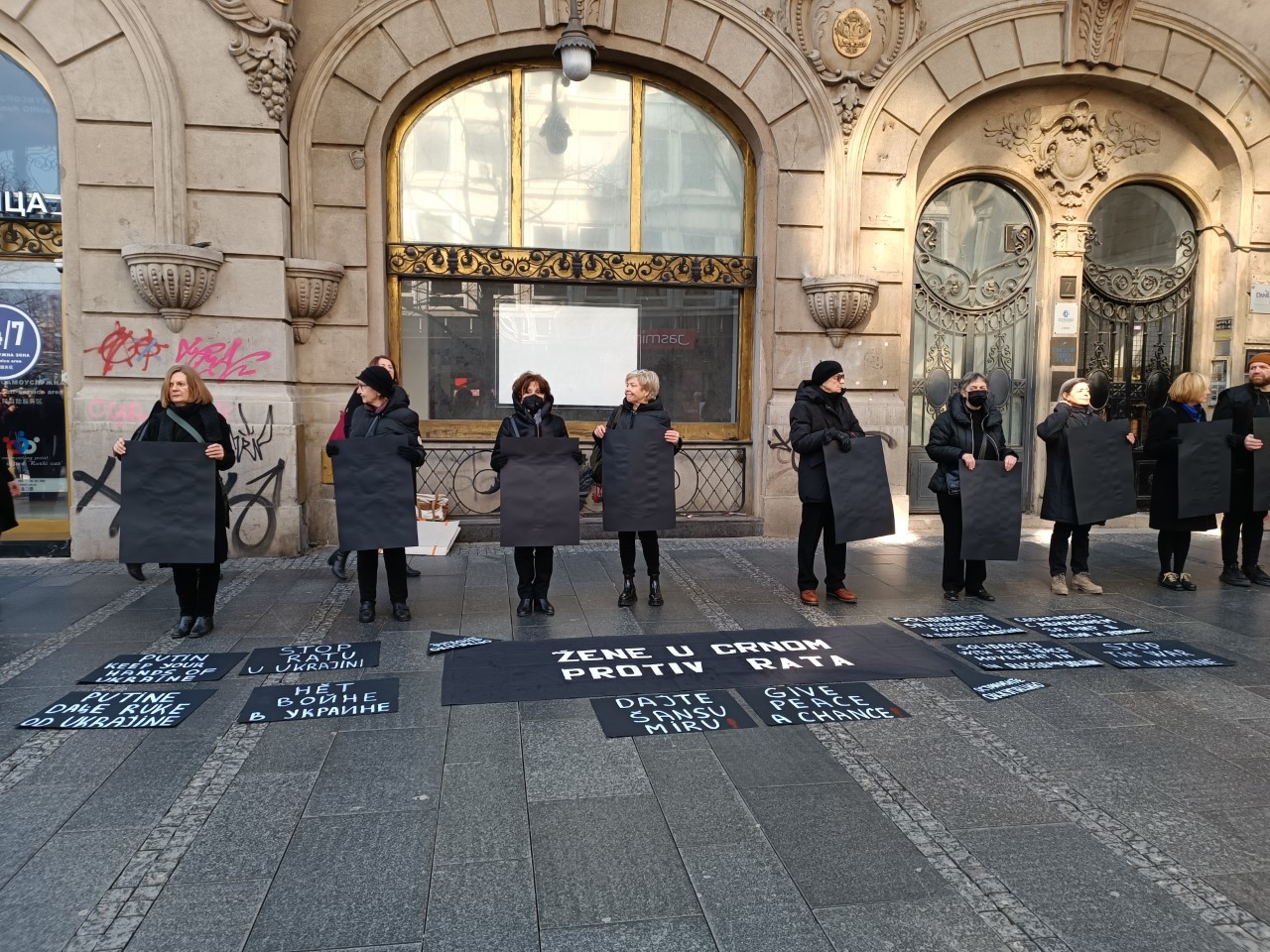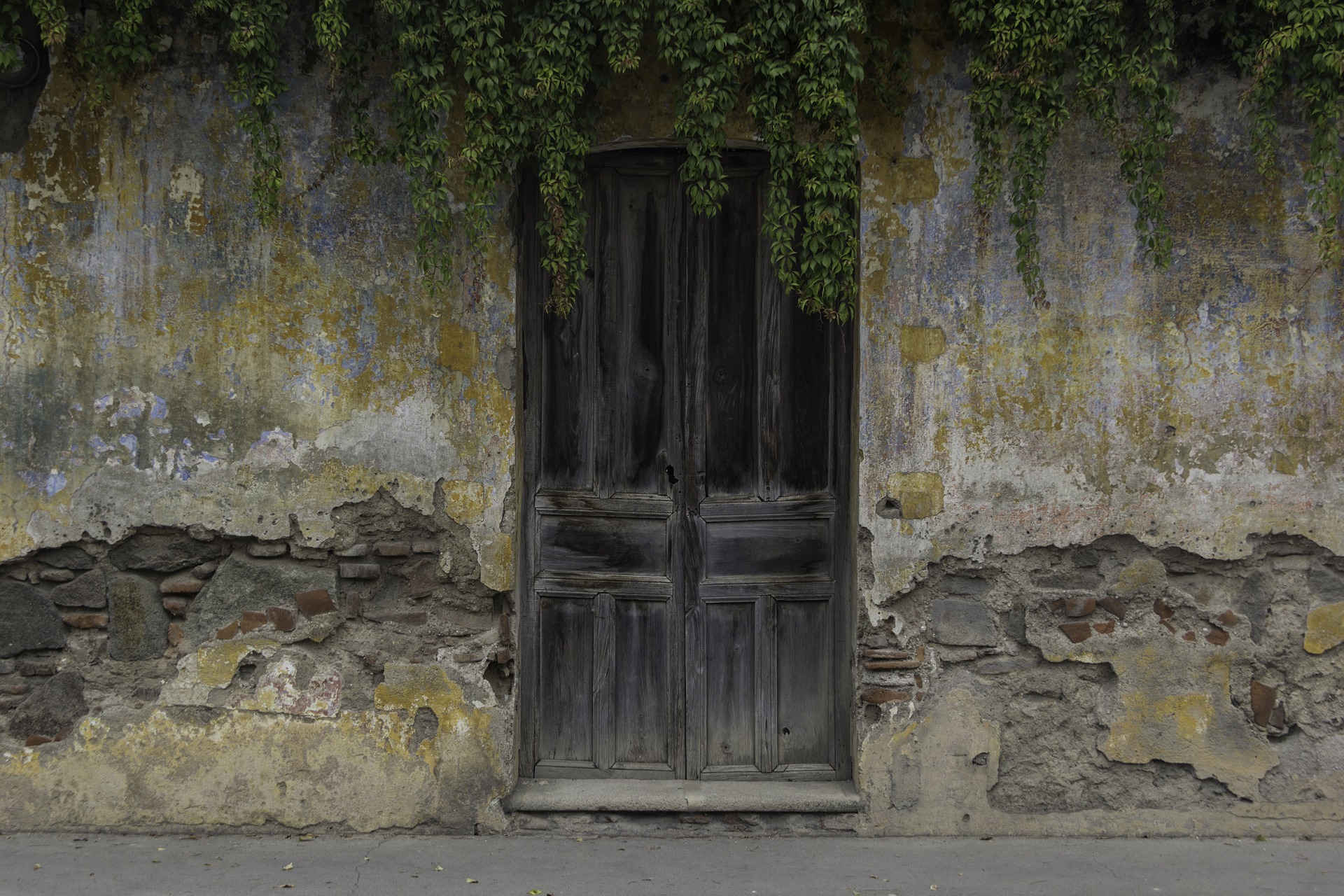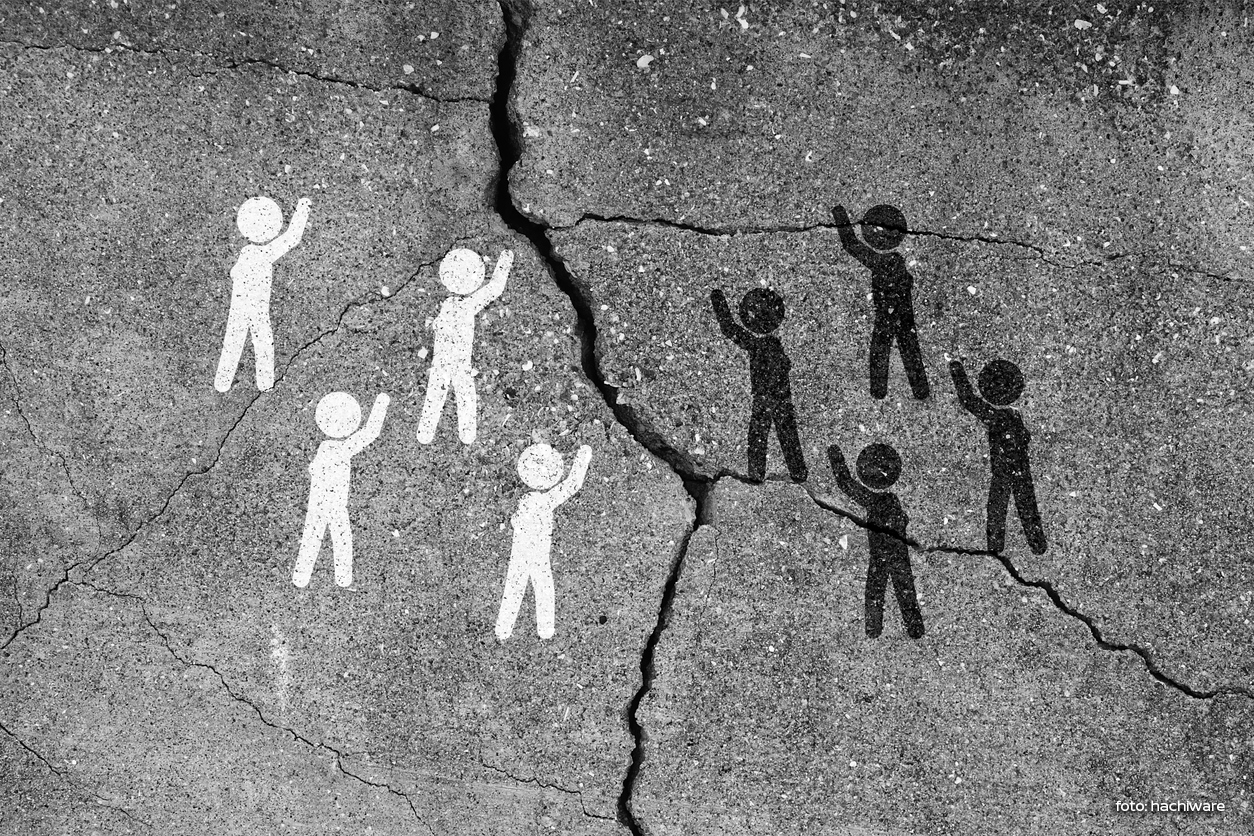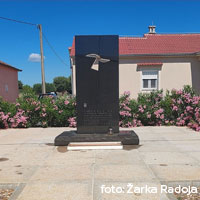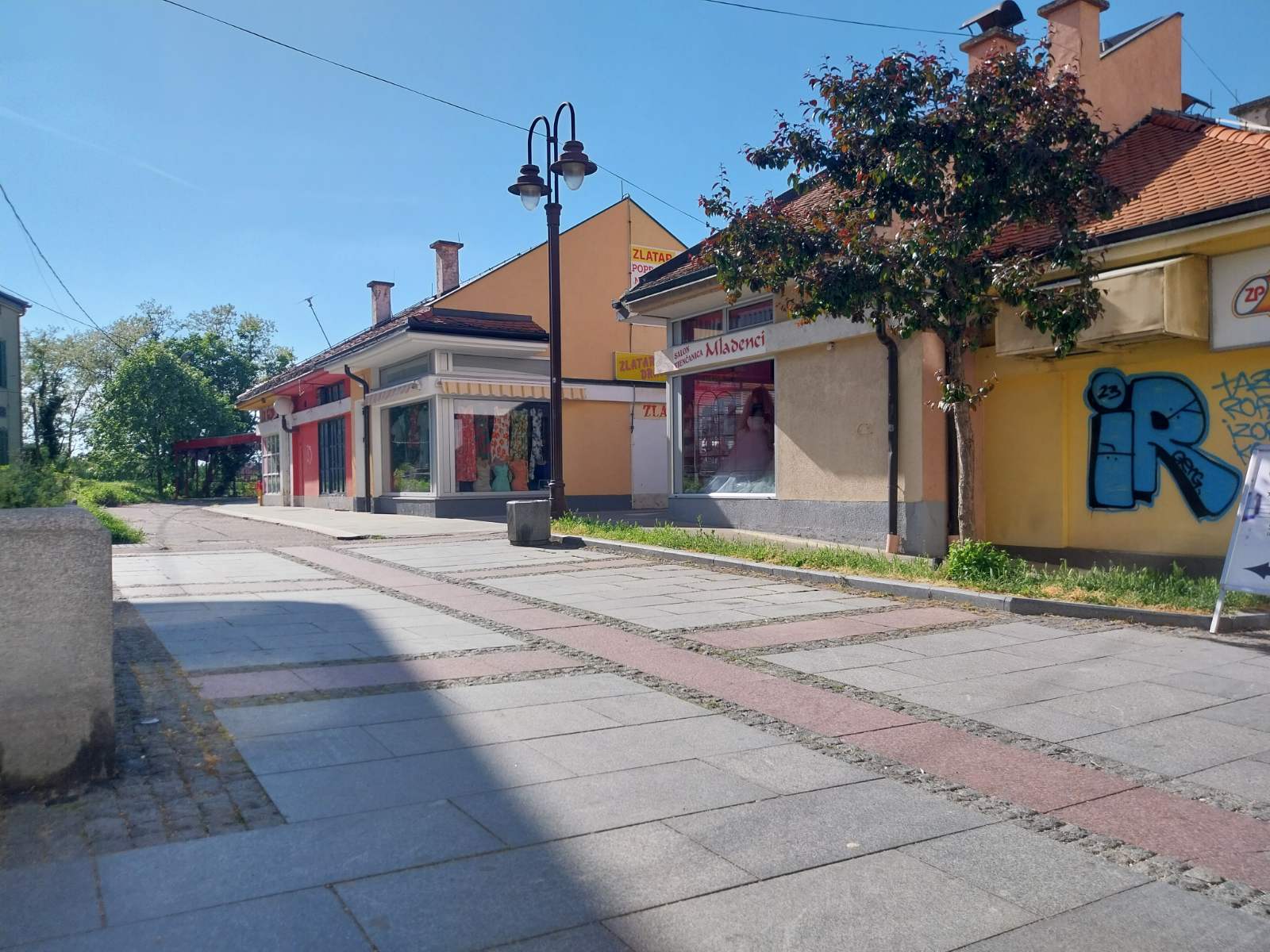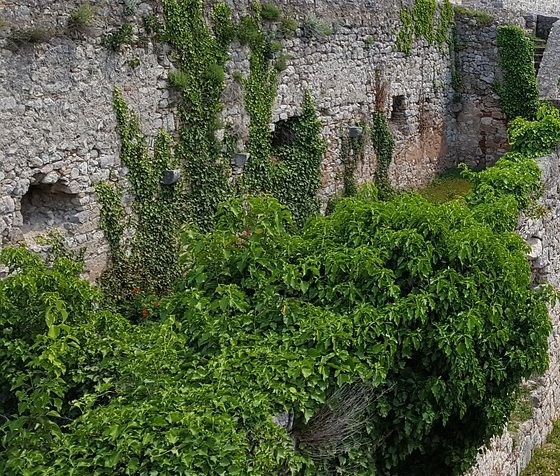-
HISTORICAL REVISIONISM
According to Todor Kuljić, historical revisionism in the narrow sense of the word means not merely reinterpreting and reexamining the historical facts, but also "twisting their meaning and contract them outright". He also distinguishes the reexamination of facts as a method in historiography and revision, which is motivated by the clear or hidden intentions of justification of political objectives.
-
MEMORIALISATION
Memorialisation in the narrow sense represents the process of creating of public memorials. In the wider sense, it encompasses any acts that aim at preserving the memory of the past.
-
MEMORY ACTIVISM
Memory activism looks into the past in order to intervene in society’s dominant understanding of the past in a way that affects the understanding of present problems and projects future resolutions. It comes from below and is not connected to state structures.
-
MEMORY CULTURE
Memory culture is a societal and structural frame or context where memory politics takes place. In this sense, this is a memory culture of a society and it is comprised of competing, complementing or coexisting memory subcultures of different social groups. It is based on common knowledge of history and familiar references to historical events but that, however, does not imply that memory culture is a homogeneous and harmonious sphere, which is why we usually use plural when speaking about memory cultures. Memory cultures as common frames of reference function at different levels including nation-states, political groups, linguistic or religious communities. Official memory politics, memory politics of non-state and civil society actors, memory passed on within families and individual memories based on experience all exist within the umbrella term of memory culture. Its carriers can be individuals, social groups, nations and states.
-
OFFICIAL/STATE-SANCTIONED MEMORY POLITICS
Official memory politics encompasses the ways states, governments, political parties and other elite groups seek to encourage views on the past which serve their own interests. It is usually linked with acquisition, consolidation and extension of power. States are not the only the only entities that work on collective memory, but they are unrivalled in power and resources devoted to it and authority. Their interpretation of the past doesn’t have to be false but it is usually one-sided and tendentious and adapted to suit the interests of the present.
-
POLITICS OF MEMORY / MEMORY POLITICS
Memory politics encompasses all discourses and acts where the interpretation of history is pursued for political. It has three basic purposes: the establishment of traditions, influence on collective identity, engendering political and historical legitimacy. Politics of memory is political use of history in the public by different actors with diverse interests. As opposed to private and individual memory, it is always directed to the public and public state and audience are vital for memory politics as public representation of history.
-
SITES OF CONSCIENCE
Sites of Conscience are public memorials that make a specific commitment to democratic engagement through programs that stimulate dialogue on pressing social issues today and that provide opportunities for public involvement in those issues.
